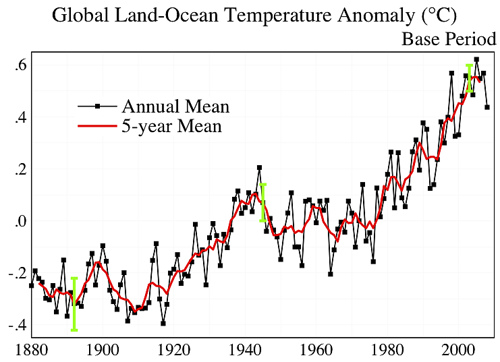
The coming energy crash and its impact on the European Union

In
The energy markets have undergone fundamental changes during the last years: the rise of oil and gas prices, the progressive liberalization in many western countries, various forms of re-nationalization in some producing countries, the implementation of greenhouse gas reduction programmes, the multiplication of geopolitical worries.This new context obviously requires a new approach. At the beginning of 2007, the Commission proposed a new strategy, which was broadly approved a little bit later by the European Council1. To make a proper evaluation of this strategy, it is necessary to analyze first the constraints of this new context. This is the objective of the present paper. It will thus deal, most simply, with the evolution of energy demand (§ 1), of energy offer (§ 2), and of the constraints linked to climate warming (§ 3). After a quick perusal of the possibility of a crash (§ 4), it will then examine the adequacy of the new European strategy (§ 5). In synthesis, the conclusion is that the strategy is quite valid, but the means of implementation remain obscure in some aspects.
(Photo credit: Tom-Raftery, Flickr)